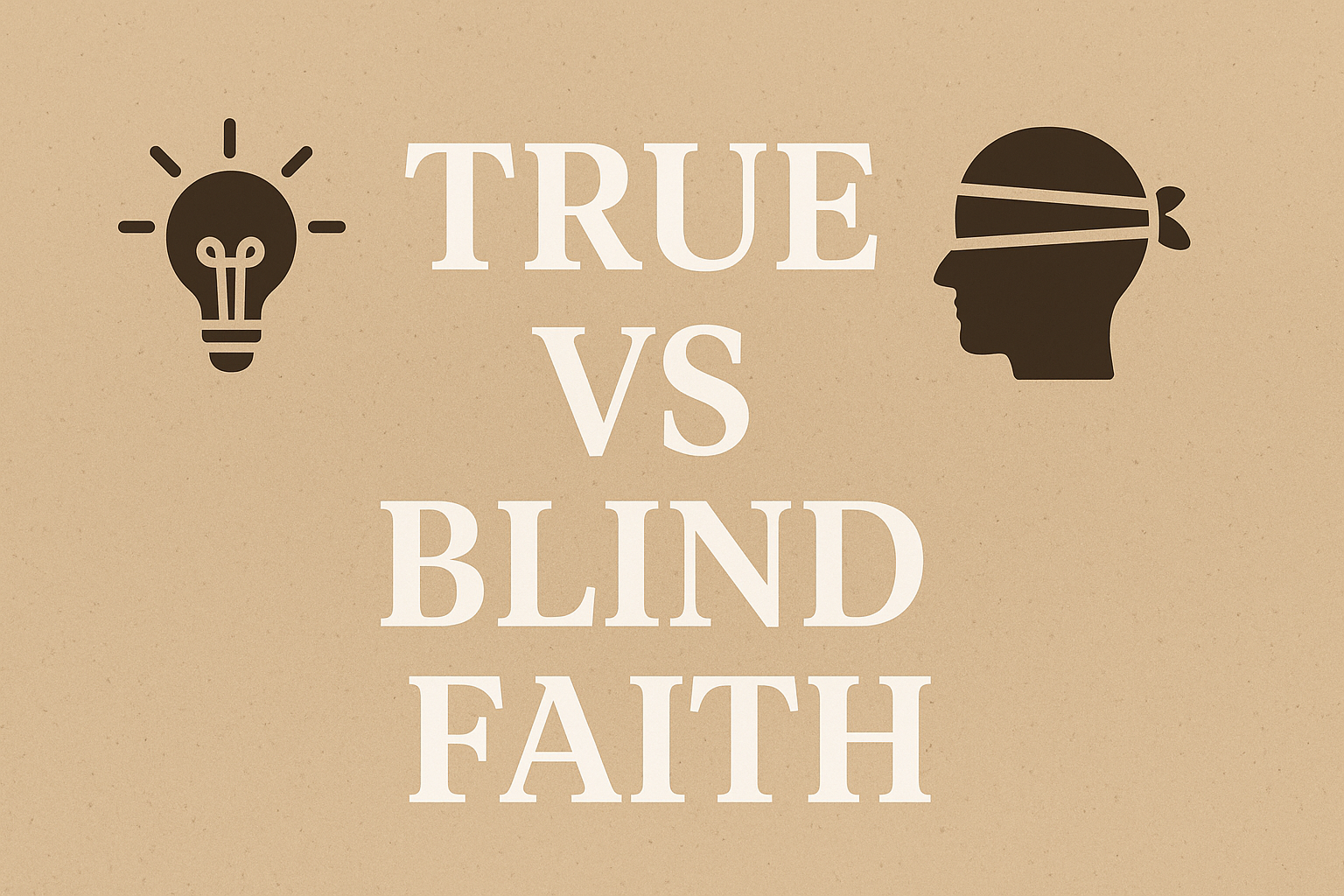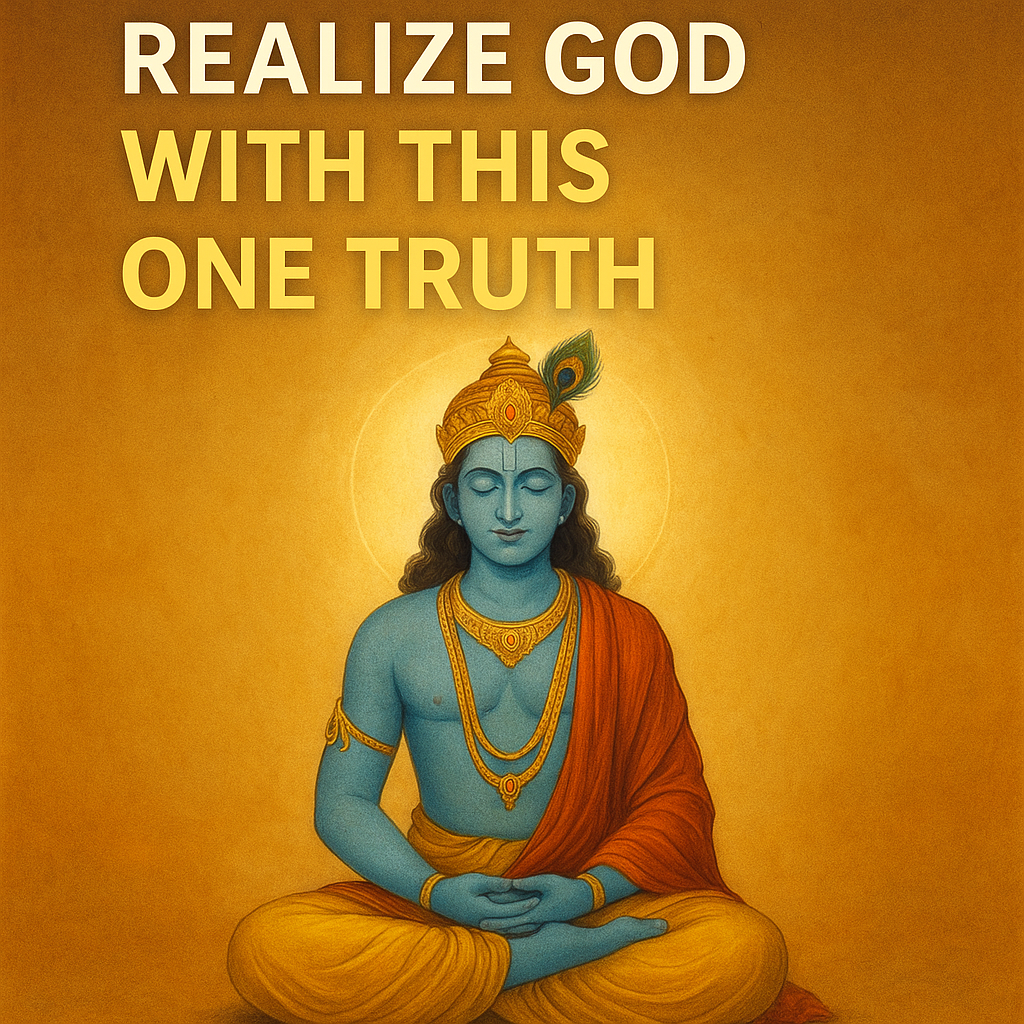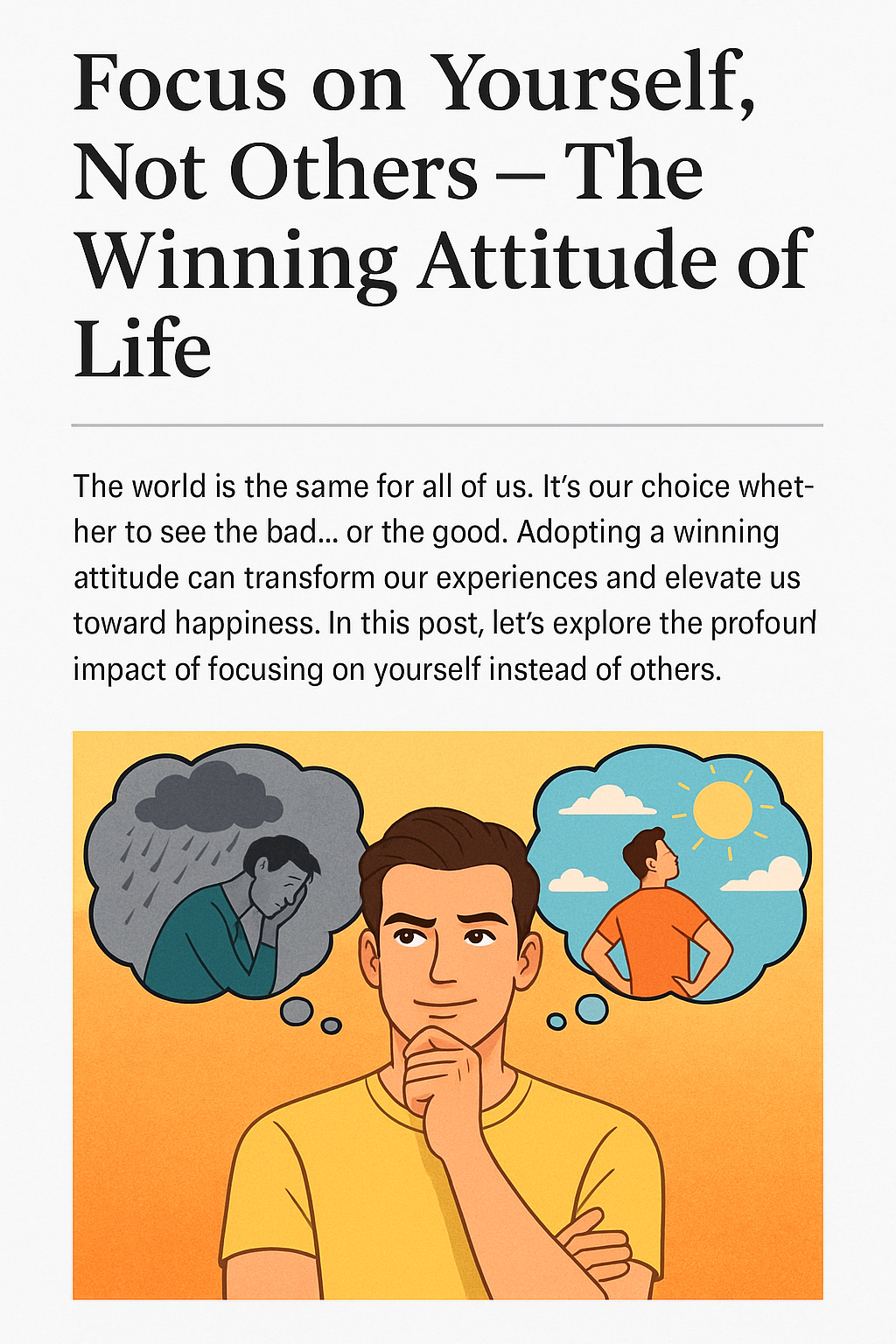Nobody can live without faith in this world. When you visit a barber’s shop, you have faith that the barber putting the blade on your neck will not slit your throat. When you visit a restaurant, you believe that the restaurant owner is not trying to poison you. Leaps of faith are required everywhere. That is why we all cannot live without beliefs.
However, when beliefs become blind faith, it can be extremely dangerous. Where do we develop these beliefs from?
Understanding Blind Faith Through an Example
Consider the story of a horse named Clever Hans in the late 19th century. This horse belonged to a school teacher, Wilhelm Von Osten, in Berlin. Wilhelm claimed the horse could understand and answer questions. When asked, “What is 3 + 5?”, the horse would tap its hooves eight times.
Clever Hans could even respond to questions on current events. This created a huge stir. However, years later, Oscar Pfungst, a student of psychology, examined the phenomenon and discovered that the horse was not truly calculating. Instead, it was reading Wilhelm’s body language. When Wilhelm unconsciously signaled that the correct number had been reached—by slightly straightening his body—the horse would stop tapping.
Wilhelm wasn’t a fraud, but he had created a belief that was irrational and not aligned with facts. This kind of belief is called blind faith.
Real-World Consequences of Blind Faith
Factually, no one can live without faith. But blind faith can be harmful. Consider the tragic case of Jean Gilbert, a tennis star in England in the 1930s. As a child, she saw her mother pass away during a dental procedure. She deeply internalized the belief that dental clinics are deadly. Even as an adult, she refused dental treatment. When she finally went, accompanied by friends, her anxiety and belief were so strong that she passed away during the examination. Her mind had shut her body down, a direct consequence of blind faith.
Sources of False Beliefs
We are careful about the food we eat or the clothes we wear, but we rarely monitor the beliefs we adopt. These can be formed in three main ways:
- Limited Experience: Like Jean Gilbert. Or take the example of Mohan, who was rejected by Kavita and concluded that no one would ever like him. Or Ravi, who failed one job interview and believed he would never be hired again. These beliefs are unjustified and not backed by facts.
- Hearsay: Suppose three friends say real estate is the best investment. You may believe it must be true. But they might have been lucky or influenced by temporary market conditions. In today’s age of social media, this is especially dangerous. Fake news spreads faster than the truth.
- Environment and Upbringing: A child falling into bad company may believe alcohol is the path to happiness. Parents often worry and are advised to check their child’s social circle because these influences shape core beliefs.
How to Develop True Faith
Swami Mukundananda, quoting Saint Tulsidas from the Ramayan, says:
“Without true knowledge, there cannot be true faith. Without true faith, there cannot be true love.”
Knowledge plays a pivotal role in our journey. We must base our beliefs on sound wisdom.
Take the case of the Western world. 700 years ago, people believed the Earth was flat. Eventually, this belief changed due to exposure to better knowledge. That’s why our beliefs must come from sources that are perfect and infallible.
The Vedic Path to True Knowledge
This reliable, divine knowledge comes from God in the form of revealed scriptures:
- The Vedas (the breath of God)
- Elaborated through six Vedangas, four Upavedas, two Itihasas (Ramayan and Mahabharata), 18 Puranas, Mimansa, Yoga texts, Smritis, and thousands of Nibandhas
But just like subjects in school need teachers, these scriptures require a Guru to interpret them. The Vedas themselves say: understand us through the medium of a Guru.
How do we know if the Guru’s interpretation is correct? We verify it with what past sages (Sadhus) and other scriptures (Shastras) have said. This Triad of Guru, Sadhu, and Shastra ensures our understanding is authentic and aligned with Divine knowledge.
A Story of Faith and Divine Trust
A disciple once told his Guru, “My life is in shambles. My future is bleak. I have no savings, and my health is deteriorating. How can I be optimistic and reach the Divine goal of life?”
The Guru handed him a rosebud and asked him to open its petals. No matter how much he tried, the disciple couldn’t do it without destroying the flower. The Guru smiled and said:
“You couldn’t open a single rosebud, but God opens countless such buds every morning with the sunrise. Why not place your trust in that Divine Power?”
So when we receive knowledge verified through Guru, Sadhu, and Shastra, we take a leap of true faith—not blind faith—and build our lives upon it.
Conclusion
True faith is born from Divine wisdom and proper guidance. It leads us toward enlightenment and love. Blind faith, however, misleads and can even destroy lives. Let your beliefs be rooted in verified knowledge, and take refuge in the wisdom of saints, scriptures, and God Himself.



